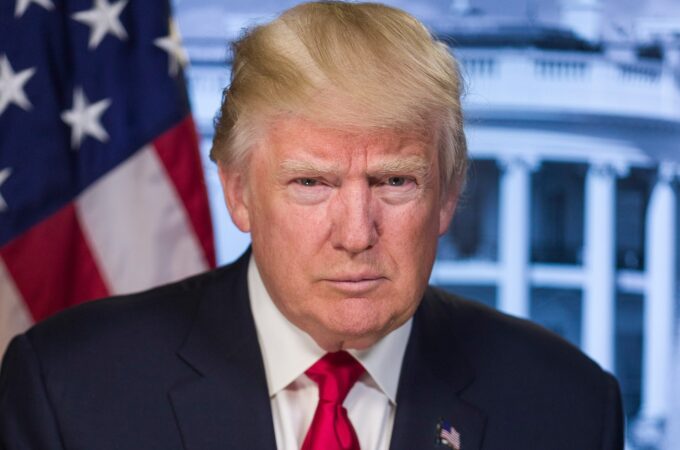Tesla Isn’t an Automaker. It’s a Battery Company
WIRED: Tesla is admired for building the cars of the future. But it’s not really a car company. It’s a battery company that happens to make electric cars. At least, that’s the trajectory suggested by the news that Tesla will soon sell mega-batteries for homes and electric utility companies. CEO Elon Musk mentioned the possibility during an earnings call last February, and the plan was reportedly confirmed in an investor letter revealed yesterday. The official announcement is set to come next week.
Selling batteries for homes, businesses, and utilities may seem like a departure for a car company. But for Tesla, it makes perfect sense. An electric car is only as green as the electrical grid that powers it. And if Tesla’s batteries become widespread, they could help utilities take better advantage of inconsistent renewable energy sources like wind and solar. As demand for renewables rises, whether through regulatory mandate or consumer desire, so would utilities’ demand for batteries that could help maintain a consistent flow—a demand Tesla is well-positioned to meet.
Renewable power can come in fits and stops, depending on whether the wind is blowing and if the sun is shining, but the supply doesn’t always come at the exact same time as demand. Improved batteries could help utility companies store power from renewable power to even-out the spikes and spikes and valleys those sources produce. And, of course, residential homes could store more solar power from their own solar panels to reduce their reliance on the over-taxed grid—a reduction that utilities would also welcome.
Tesla’s move into the electrical utility market isn’t exactly novel says Sam Jaffe, a former industry analyst at Navigant Research and founder of battery technology company Cygnus Energy Storage. There are already dozens of companies offering battery packs for utility companies. But he says Tesla’s move is a validation of the market, and its scale will make it a major player.
“In 10 years the grid will be cleaner, less expensive to maintain, and more reliable,” Jaffe says. “And that will be thanks to energy storage technology.”
Excess Capacity
Tesla’s first expected foray beyond cars also highlights that the company’s battery manufacturing capacity may soon be its strongest asset. Last year Tesla announced its plans to build a 10-million-square-foot battery manufacturing plant christened the Gigafactory. That capacity could easily be put to use building batteries for not just cars and houses, but for electronics such as laptops and cell phones. And that could be just the beginning.
Tesla relies on Panasonic to manufacture its battery cells, which Tesla then assembles into custom battery packs and modules. “As the biggest buyer of batteries from Panasonic, Tesla will be able to command the best rates and offer the best prices,” he says. “It makes sense to play in the utility market, where there will be huge growth in the coming years.”
The goal of the Gigafactory is to make batteries so cheap that electric cars can compete with conventional gasoline powered cars on price. Although it’s possible that Tesla won’t be able to radically reduce the cost of batteries, energy storage technology will still play a vital role in the company’s future. Americans are driving less, and the fleets of self-driving car services that companies like Google and Uber imagine probably won’t help much. In a world with fewer cars, Tesla will need new lines of business, and selling batteries—maybe even to other car companies—might be just the ticket.
Read more: DIGITALTRENDS





